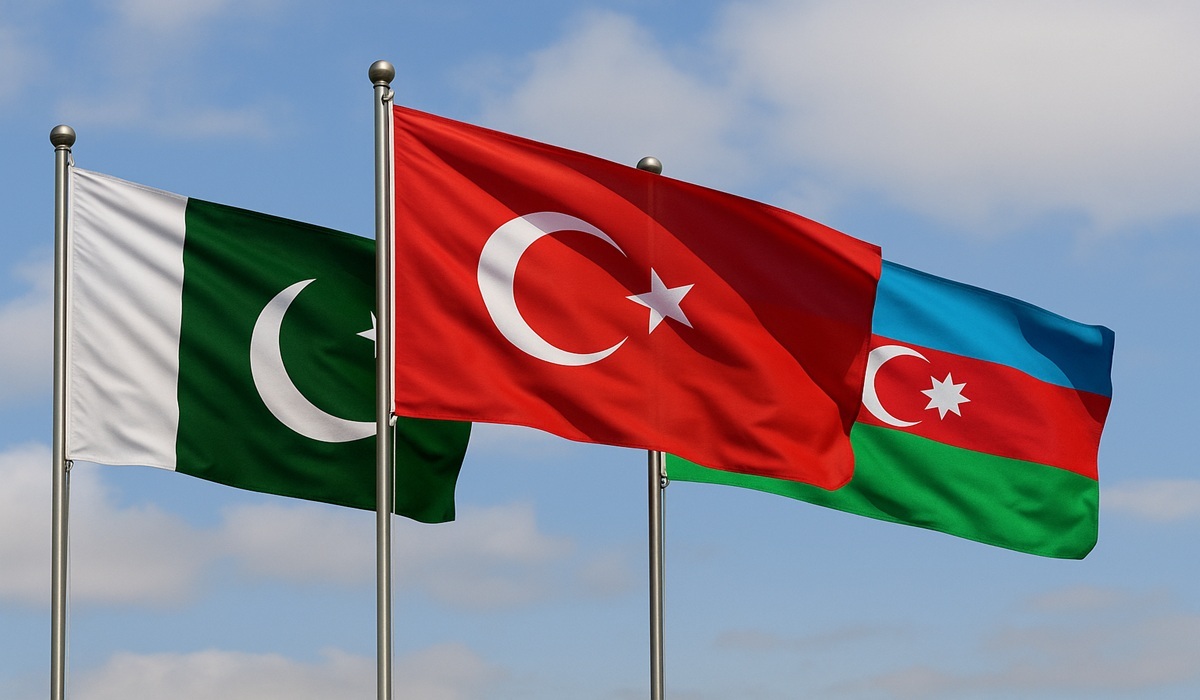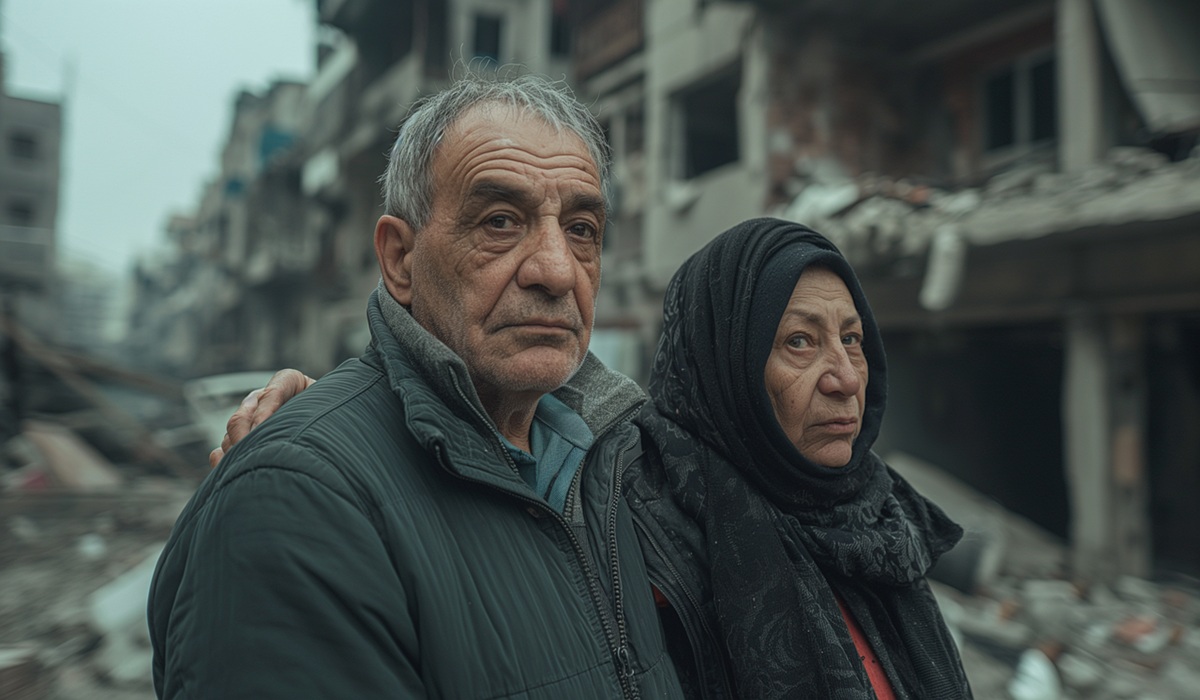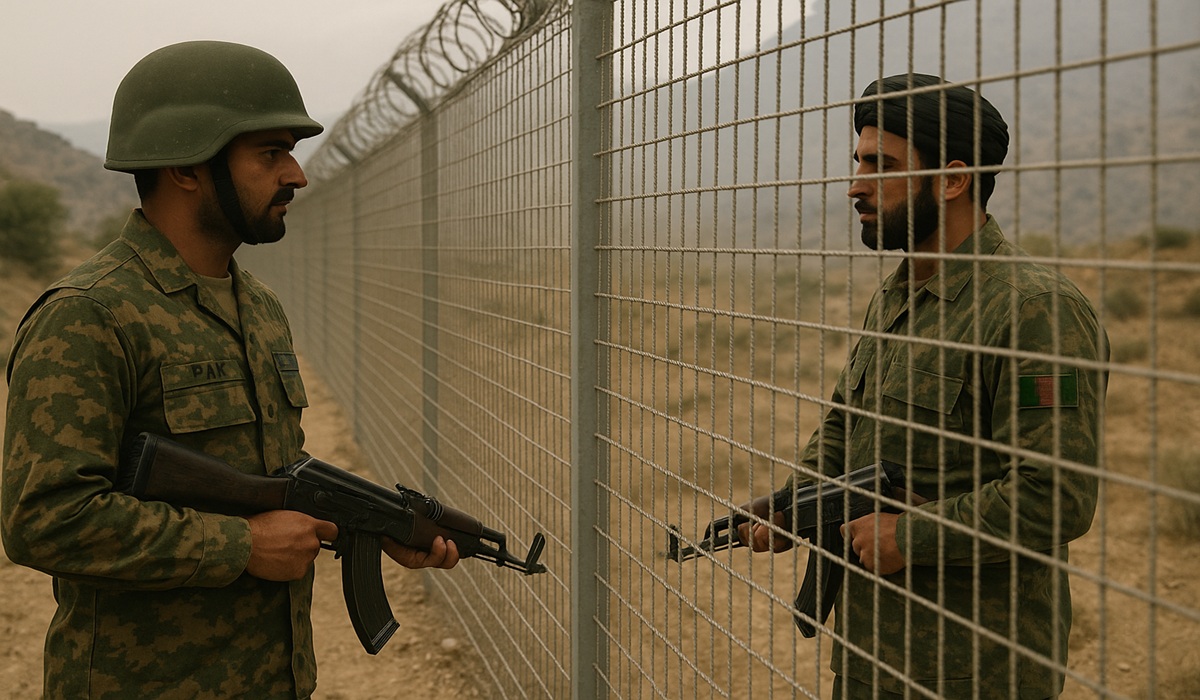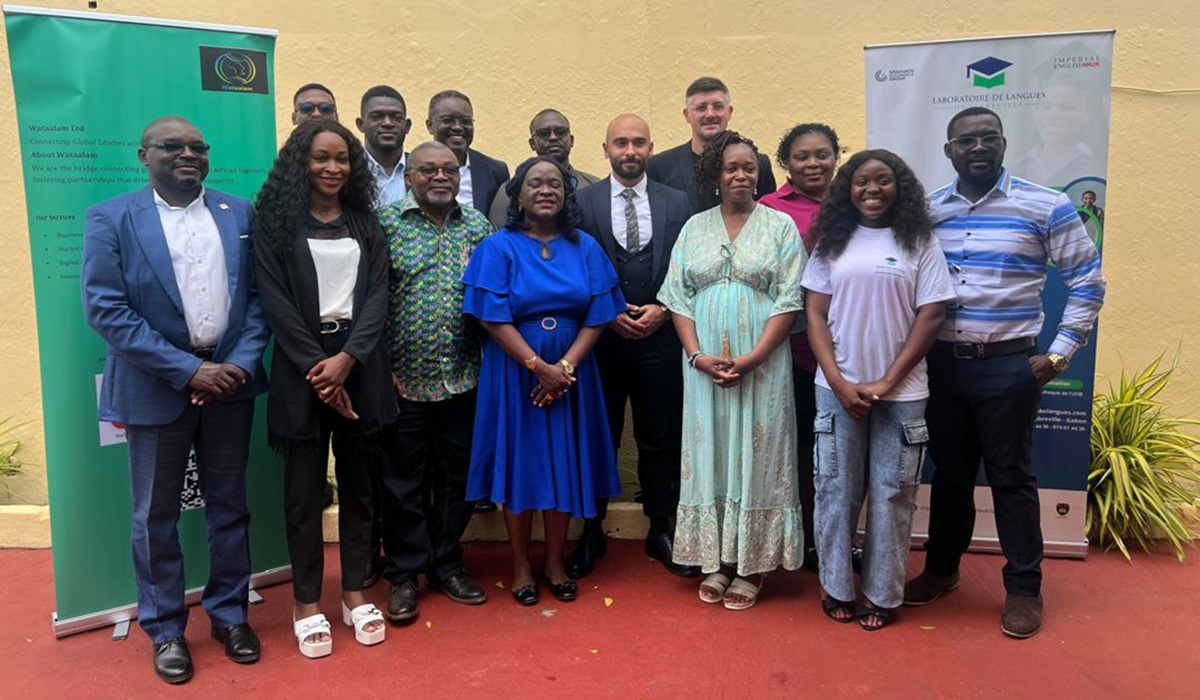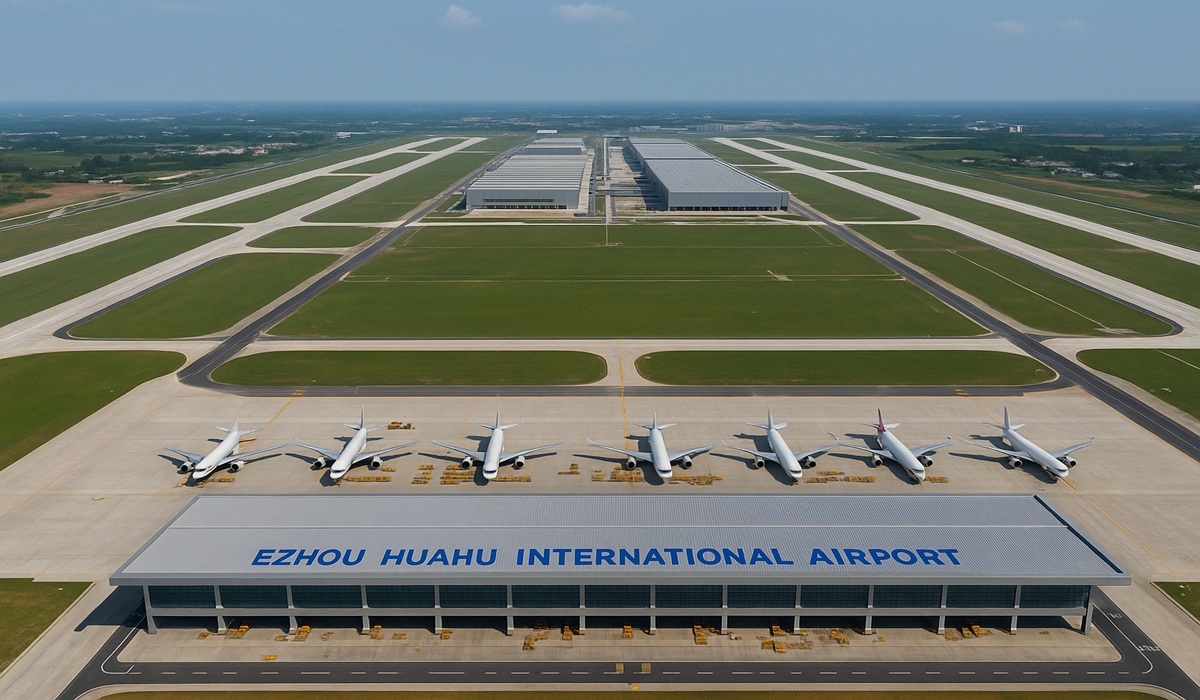Macron’s Recognition of Palestine: A Long Overdue Reckoning
- Ingrid Jones
- Europe
- Trending News
- September 23, 2025
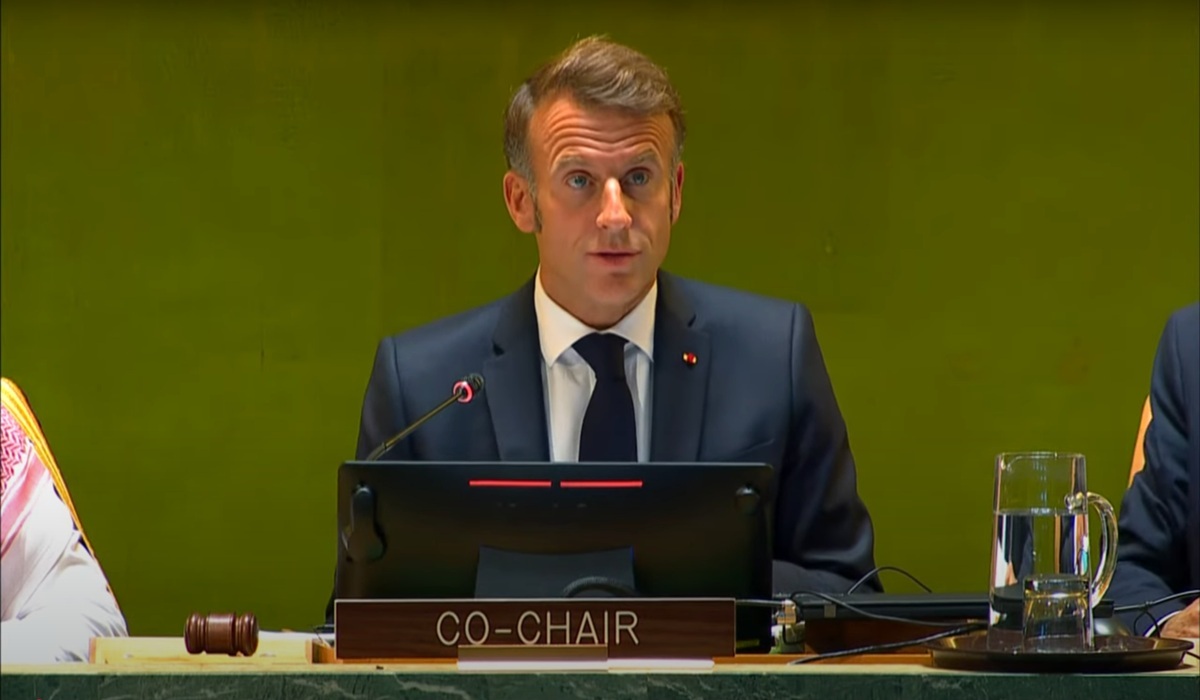
The most recent development in global politics has sent ripples far beyond the Middle East. French President Emmanuel Macron’s recognition of Palestine adds France to a growing list of nations — including Canada, the United Kingdom, and the overwhelming majority of the international community — that have decided to formalize what many have argued should have been acknowledged decades ago. Predictably, Israel’s leadership has condemned the decision in the strongest terms. The condemnation is hardly surprising, yet it reveals a deeper paradox: while more and more nations move toward recognition, Israel under Prime Minister Benjamin Netanyahu’s far-right coalition grows more entrenched in its refusal, declaring with open certainty that it will never accept Palestinian statehood under any circumstance.
Here lies the contradiction. Netanyahu himself, along with members of his party, has already admitted that Hamas cannot be eradicated. They have conceded that Hamas is not merely a militant organization but an ideology. Attempting to eliminate it entirely would be akin to declaring an effort to erase Christianity or Judaism. Yet the rhetoric from Jerusalem continues to frame Israel’s aggression as part of a mission to wipe out Hamas completely, while simultaneously expanding settlements, annexing swathes of the West Bank, and openly discussing control “from the river to the sea.” Strikingly, when Palestinians voice the same phrase, it is denounced internationally as a threat, while Israeli officials can echo it with impunity.
The double standard is glaring, and it is compounded by the ongoing support Israel receives from the United States. Despite growing global recognition of Palestine, Washington continues to shield Israel diplomatically, vetoing resolutions at the United Nations that demand accountability. The UN itself is rendered nearly useless in this conflict, reduced to symbolic statements and non-binding resolutions, its power stripped whenever U.S. interests dictate. The reality is that the UN has always had teeth only when confronting weaker nations. When it comes to Israel, U.S. veto power ensures impunity.
What is especially troubling is the mainstream media’s framing of these events. In the aftermath of the October 7th attacks, many outlets attribute the entire context of the recognition of Palestine to that single day. This narrative is misleading at best, dishonest at worst. It allows the decades of occupation, systemic discrimination, and the dehumanization of Palestinians to be overshadowed, as though the crisis only began with Hamas’s attack. The narrative erases the history of Gaza as an open-air prison, the settlement expansions that choke the West Bank, and the systematic violations of international law that have long preceded the recent conflict.
This recognition by Macron, by Canada, and by the UK should not be understood as sudden sympathy born of recent tragedy. It is instead the acknowledgment of a reality that has been ignored for far too long. The Palestinian struggle for statehood has persisted for generations, and every attempt at negotiation has been undermined by shifting goalposts. First, it was security guarantees. Then, it was the renunciation of violence. Now, it is the return of hostages. Yet even if every demand were met, the reality remains the same: Israel’s leadership has declared openly that it will never recognize Palestine as a state. The excuses are distractions. The red lines are illusions. The outcome has already been predetermined by those in power.
Meanwhile, the humanitarian situation in Gaza grows more dire. Entire neighborhoods have been reduced to rubble. Hospitals lack fuel, medicine, and supplies. Families live in tents amid the ruins of their homes, and yet Israel continues to insist there is no famine, no genocide, no systematic destruction. To accept this claim would require one to ignore the images of starving children, bombed-out schools, and a population reduced to near-total desperation. The assertion that Gaza remains livable is not just false, it is absurd — a denial of the evidence unfolding in real time.
The duplicity of U.S. foreign policy further entrenches this cycle. American leaders proclaim their commitment to peace while simultaneously sending military aid and diplomatic cover to Israel, enabling the very actions they claim to oppose. This policy makes life harder not only for Palestinians but also for the growing number of nations that recognize Palestinian sovereignty. Punitive measures, subtle threats, and behind-the-scenes pressure are wielded to discourage others from following France, Canada, and the UK. Yet the momentum is undeniable. Recognition is spreading, and with it comes a shift in the global conversation.
Still, recognition alone does not end occupation. Macron’s decision is symbolic, yes, but symbolism matters. It places pressure on Israel by isolating its intransigence. It sends a message that the international community is no longer content to accept endless negotiations that go nowhere. But without tangible consequences, the recognition risks being little more than rhetoric. So long as the U.S. continues to exercise its veto in the Security Council, so long as billions in military aid continue to flow, and so long as Israel is allowed to define its own boundaries without accountability, little will change on the ground.
The mainstream media has a duty to correct its narrative. To attribute all of this to October 7th is not only misleading but dehumanizing. It perpetuates the idea that Palestinian suffering is new, when in truth it has been enduring for decades. It obscures the fact that the so-called “peace process” has long been a mirage, a diplomatic shell game where promises are made, broken, and remade while the settlements expand and the land disappears. The world has witnessed this cycle countless times: negotiations launched with hope, only to collapse under the weight of new demands. Each time, the blame is shifted, the red lines move, and the occupation deepens.
Macron’s recognition, like that of Canada and the UK, is a necessary step, but it is not enough. Until the world demands real accountability, until U.S. protection of Israeli impunity ends, and until the international system demonstrates that its laws apply to all nations equally, Palestine will remain recognized in words but denied in reality. Recognition must be the beginning, not the end.
The deeper tragedy is that generations of Palestinians have lived and died waiting for what is now being acknowledged by much of the world: that their right to statehood is legitimate, undeniable, and long overdue. Every child born in Gaza, every family displaced in the West Bank, every voice silenced by occupation testifies to this reality. Recognition should not be a symbolic act delayed until political winds shift. It should be a universal truth, upheld without condition.
The international community now faces a test of integrity. Will it allow recognition to stand as empty words while the siege continues? Or will it finally act to enforce the principles it claims to defend? The answer will determine not only the future of Palestine but the credibility of the global order itself. For now, Macron’s step is a small but important marker in history — one that underscores the failure of decades of diplomacy, the hypocrisy of double standards, and the urgent need to confront a reality that too many have tried to deny.

